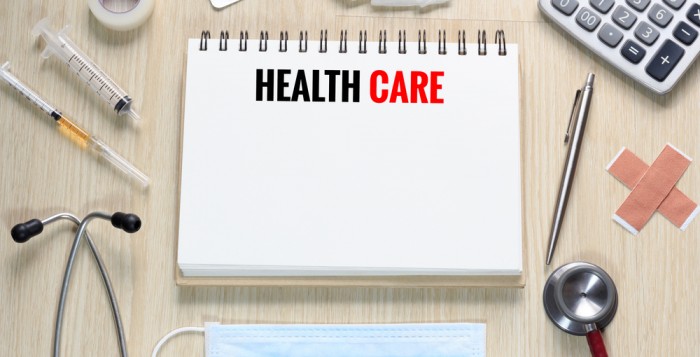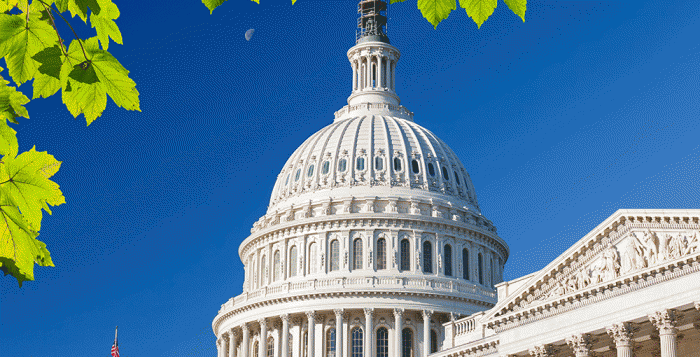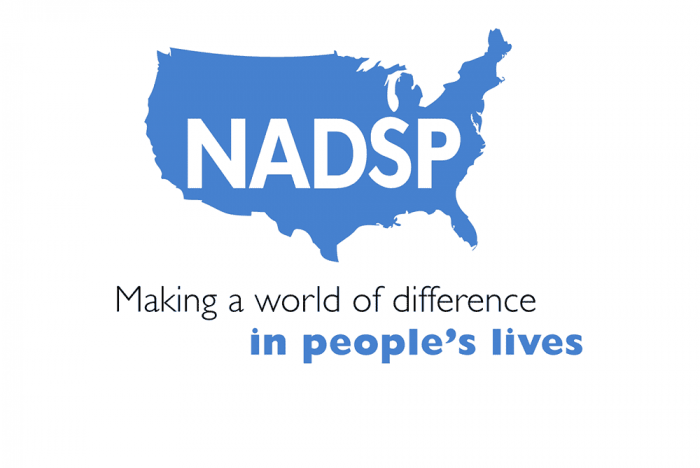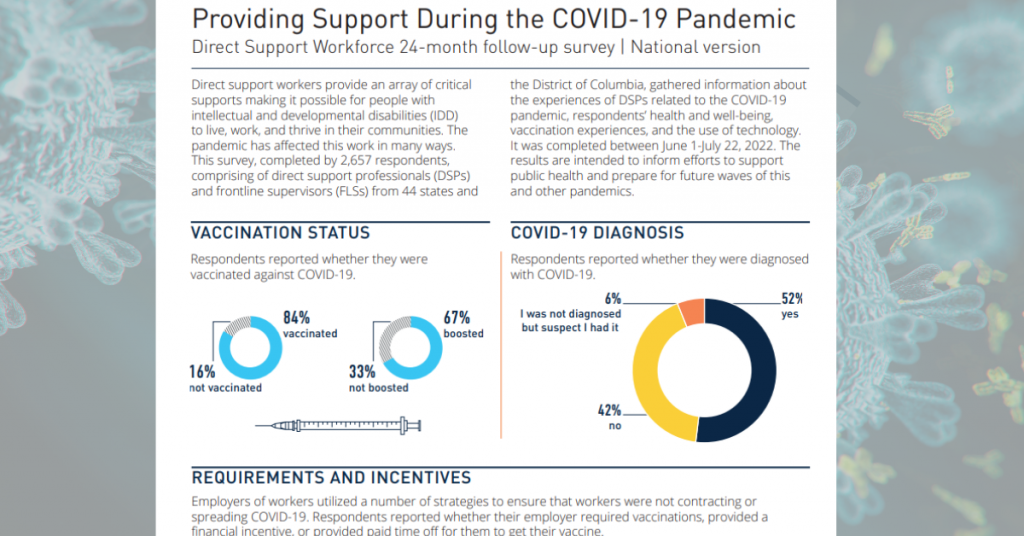On behalf of the RCPA IBHS Providers and the children and families of Pennsylvania, RCPA has requested the Independent Regulatory Review Commission (IRRC) to reopen for review Regulation #14-546: Intensive Behavioral Health Services, based on section 8.1 of the Regulatory Review Act (71 P.S. § 745.8a).
The premise of our recommendations addresses the challenges and barriers IBHS providers have faced in creating the staffing infrastructures and meeting the burdensome operational protocols for regulatory compliance. The overreaching nature of the regulations, coupled with the impact of the pandemic, has caused great strain on an already depleted behavioral health workforce. These system stressors limit the ability to provide vital, quality services to children and families. Due to the prohibition for the use of waiting lists, it is difficult to capture the true number of children and families going without these essential services. We contend there are thousands of children across the Commonwealth with unmet treatment needs and written orders for IBHS services who await care.
The current lack of access to care is a result of the workforce crisis and operational requirements of implementing the regulations. We feel these access issues and children waiting for services are compelling reasons, in the interest of the public, to merit a review of the regulations.
The COVID-19 DHS regulatory flexibilities provided initial relief for providers, and OMHSAS continues to offer waivers to agencies experiencing critical staffing shortages. Providers are grateful for these temporary solutions; however, these waivers do not address the long-term impacts of the current regulatory requirements. Providers continue to struggle to hire qualified staff and contend with burdensome operational requirements, many of which negatively contribute to the efficiency of care delivery.
The expressed purpose of the IBHS regulations was to ensure access to quality care in a consistent and efficient manner. Conversely, the result has been a labyrinth of regulatory and operational interpretations, differentiated reimbursement for the same services, and a human services workforce crisis with no upcoming relief.
RCPA would like to thank the members of the RCPA IBHS Steering Committee for their commitment to conduct the review and the Commission for their willingness to consider this request. We believe these recommendations, if implemented, can address the barriers identified without compromising the original vision for high-quality services and broad access to care.
At last correspondence, the IRRC is in receipt of the recommendations. We will be providing a copy to the Office of Mental Health and Substance Abuse Services (OMHSAS), as requested by the Commission. We will continue to keep members apprised of the review process. If you have further questions, please contact RCPA Policy Director Jim Sharp.


















